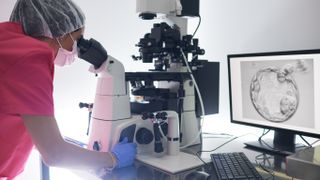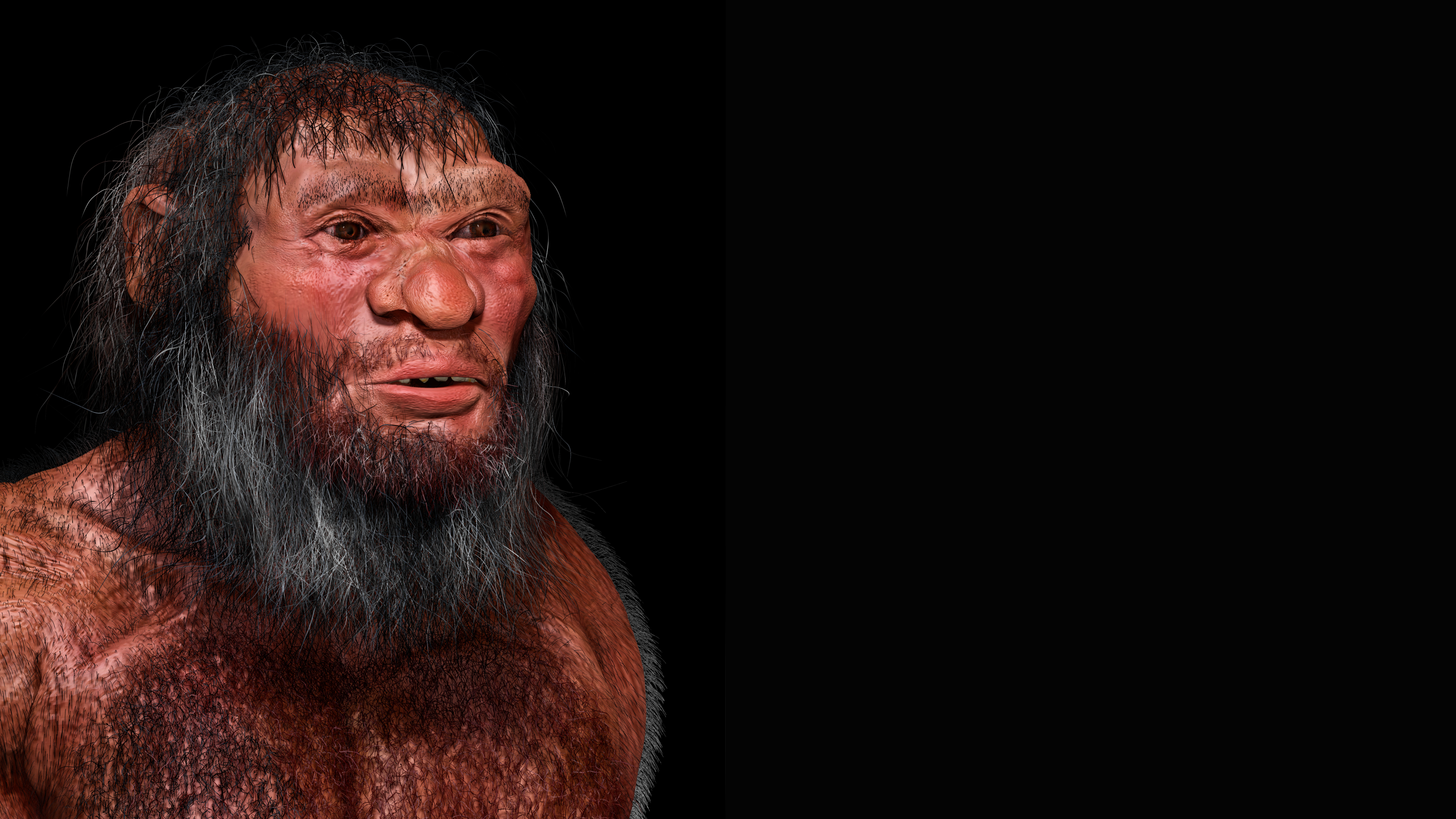Science News: Recent scientific discoveries and expert analysis
Latest news

Critical moment when El Niño started to erode Russia's Arctic sea ice discovered
By Skyler Ware published
Scientists discover a tipping point that took place in 2000, where El Niño’s effect on sea ice loss in Siberia was amplified.

Romans used human feces as medicine 1,900 years ago — and used thyme to mask the smell
By Kristina Killgrove published
A new study shows that organic residues from a Roman-era glass medicinal vial came from human feces.

AI spots 'jellyfish,' 'hamburgers' and other unexplainable objects in Hubble telescope data
By Elizabeth Howell published
AI helped researchers probe the Hubble Space Telescope's archive to find strange celestial objects, including some indescribable by science.

Teenage girl who lived in Italy 12,000 years ago had a rare form of dwarfism, DNA study shows
By Sascha Pare published
In 1963, researchers unearthed two Stone Age skeletons that were buried in an embraced position in a cave in Italy. Now, DNA testing has revealed that one of them had a rare genetic condition.

New study of chemical reactions in space 'could impact the origin of life in ways we hadn't thought of'
By Victoria Atkinson published
The complex building blocks of life can form spontaneously in space, a new lab experiment shows.

Can AI detect cognitive decline better than a doctor? New study reveals surprising accuracy
By Anirban Mukhopadhyay published
Designed to assist rather than replace doctors, a new autonomous tool scans clinical notes to highlight patients who may need urgent follow-up for cognitive decline and potential dementia.
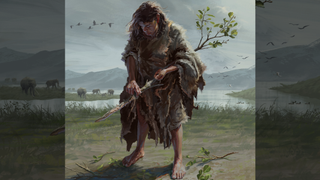
430,000-year-old wooden handheld tools from Greece are the oldest on record — and they predate modern humans
By Owen Jarus published
Archaeologists have found the oldest-known surviving examples of handheld wooden tools.

Next-generation AI 'swarms' will invade social media by mimicking human behavior and harassing real users, researchers warn
By Patrick Pester published
Artificial intelligence experts have warned that AI "swarms" are poised to infiltrate social media by deploying agents that mimic human behavior and exploit our tendency to follow the herd.
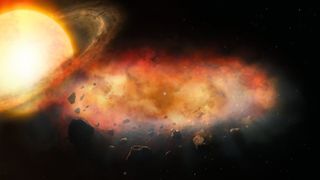
Giant 'metal cloud' in nearby star system could be hiding an undiscovered sun
By Harry Baker published
Astronomers suspect that a massive metallic cloud swirling in a nearby star system could be hiding a giant planet or dwarf star from view, after it drastically dimmed a sun-like star for around nine months.
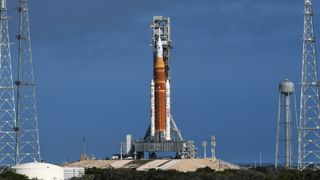
NASA is preparing for simulated launch of Artemis II mega moon rocket — and it could happen as early as Saturday
By Patrick Pester published
NASA has announced it will fuel the Artemis II rocket as part of a simulated launch that will take place as early as Saturday (Jan. 31).

Days numbered for 'risky' lithium-ion batteries, scientists say, after fast-charging breakthrough in sodium-ion alternative
By Rory Bathgate published
An innovative approach to battery materials could bring sodium-ion energy density and charging speeds far closer to those of lithium-ion, scientists say.

Liquid-nitrogen-infused cocktail popped a man's stomach like a balloon
By Kamal Nahas published
Liquid nitrogen can be used safely in food preparation — but one man's stomach burst after he threw back a cocktail that had been cooled with the substance.

See February's full Snow Moon rise this weekend next to a glittering star cluster
By Jamie Carter published
February's full "Snow Moon" will be at its fullest on Sunday, Feb. 1, and will be best seen at moonrise. It will appear just beneath the Beehive Cluster, one of the closest star clusters to the solar system.

'Doomsday Clock' ticks 4 seconds closer to midnight
By Stephanie Pappas published
The Bulletin of the Atomic Scientists now says humanity is a metaphorical 85 seconds to global disaster.
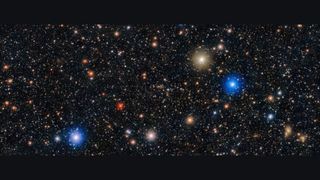
Standard model of cosmology holds up in massive 6-year study of the universe
By Skyler Ware published
The six-year Dark Energy Survey has released its full results, showing that two leading models of cosmology are equally valid — but both fail to explain one key observation.

Creepy humanoid robot face learned to move its lips more accurately by staring at itself in the mirror, then watching YouTube
By Fiona Jackson published
EMO the robot learned how its silicone lips would move in response to its 26 facial motors by staring at its reflection.
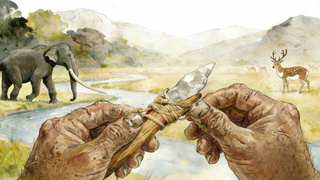
160,000-year-old sophisticated stone tools discovered in China may not have been made by Homo sapiens
By Owen Jarus published
Archaeologists have found the oldest known evidence of hafted tools in East Asia, and they challenge a previously held assumption about stone tool use.
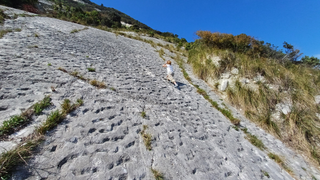
Rock climbers in Italy accidentally discovered evidence of an 80 million-year-old sea turtle stampede
By Jeanne Timmons published
Scientists say grooves on a rock face overlooking the Adriatic Sea may have been made by sea turtles fleeing an earthquake.
Get the world’s most fascinating discoveries delivered straight to your inbox.
 Live Science Plus
Live Science Plus











